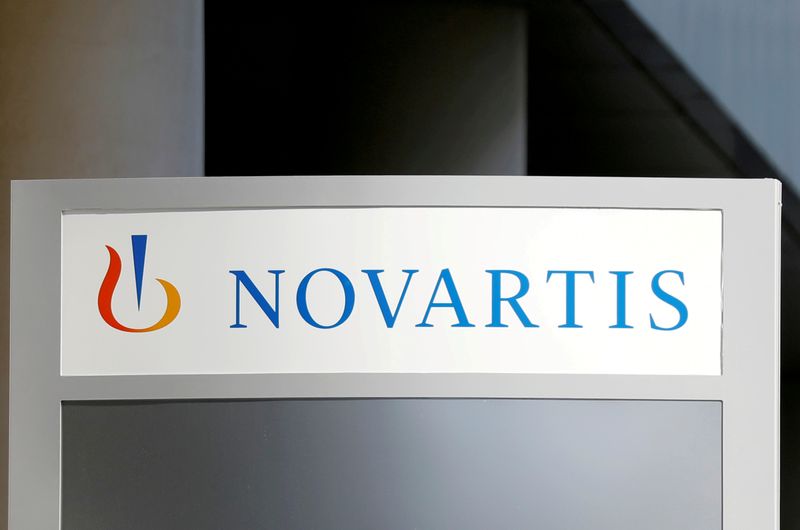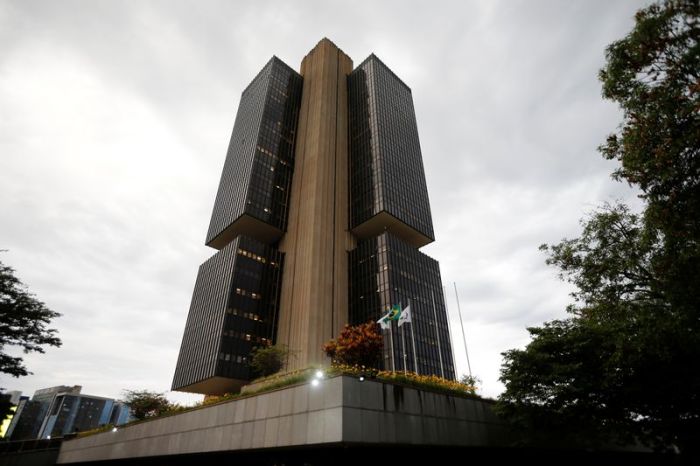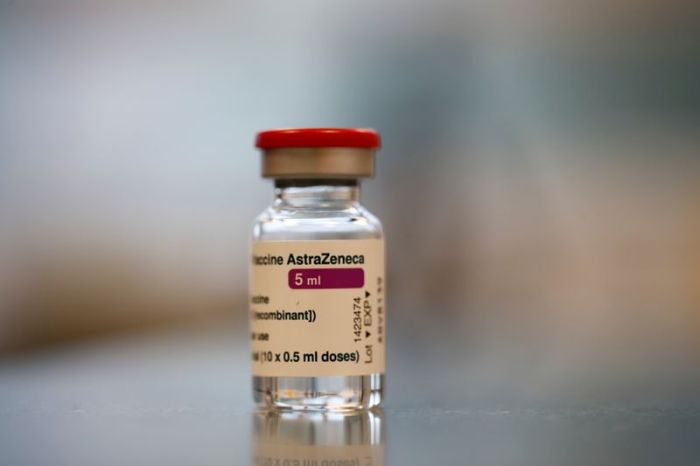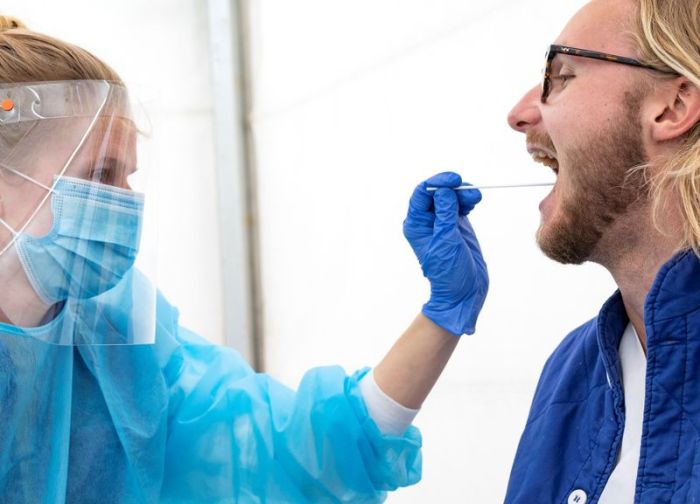ZURICH (Reuters) – Novartis’ experimental Lu-PSMA-617 radioligand therapy has improved the survival of prostate cancer patients with a hard-to-treat form of the disease, the Swiss drugmaker said on Tuesday.
The therapy, which Novartis bought with its $2.1 billion purchase of cancer drugmaker Endocyte in 2018, arms a molecule, or ligand, with a cancer-killing radioactive isotope.
Novartis said the therapy had significantly improved overall survival and radiographic progression-free survival (rPFS) in patients with prostate-specific membrane antigen (PSMA)-positive metastatic castration-resistant prostate cancer.
Novartis, which is due to release specific survival data an upcoming medical conference, bought Endocyte three years ago as it expanded its targeted cancer therapy portfolio of radioligand medicines that includes Lutathera, which has won approval to be used against neuroendocrine tumours.
It hopes Lu-PSMA-617 eventually becomes the targeted treatment for more than 80% of patients with advanced prostate cancer, should it win approval.
“We intend to submit these data to regulatory authorities as soon as possible,” John Tsai, the group’s Head of Global Drug Development and Chief Medical Officer, said in the statement.
“Patients with metastatic castration-resistant prostate cancer have a less than 1 in 6 chance of surviving 5 years and need new treatment options,” he said.
If discovered early enough, prostate cancer can often be successfully treated via surgery, radiation therapy or hormone therapy that stops tumour-driving testosterone from being produced or reaching prostate cancer cells.
Metastatic castration-resistant prostate cancer is a type of cancer that resists such hormone treatment, and Novartis is hoping that targeted radioligand therapy offers patients a new, effective option.
(Reporting by Brenna Hughes Neghaiwi and John Miller; Editing by Riham Alkousaa and Timothy Heritage)
























